She’s turning her family’s ranching legacy into a force for sustainable change
Bella Wood chose her family’s New Mexico cattle ranch over diplomacy and is now reimagining the future of American agriculture.
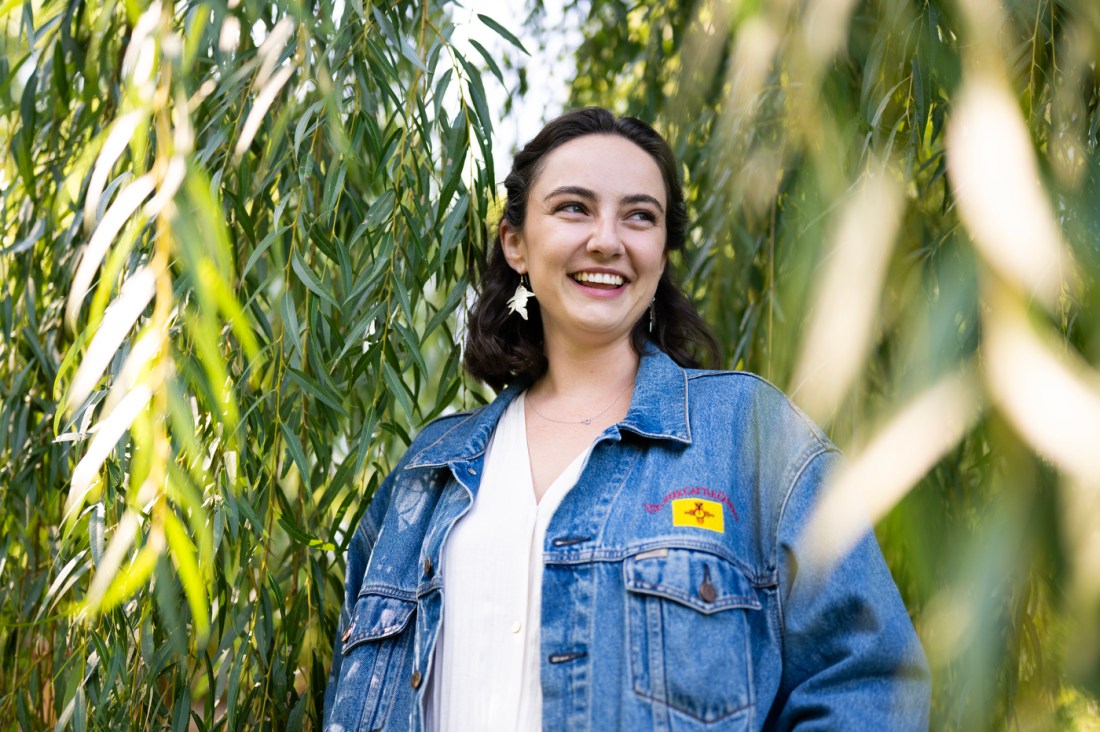
From an early age, Bella Wood, a graduate student at Northeastern University, wanted to become a diplomat.
But as a teenager, she spent several weeks each summer with her grandparents at a family cattle ranch in northeast New Mexico.
Her grandmother’s family has operated the ranch since the early 1800s, passing it down through female heirs long before women could legally own property. The ranch has endured droughts, the Great Depression, the Dust Bowl, grasshopper infestations and other challenges.
When Wood realized how much her grandparents had done to restore and conserve the shortgrass prairie ecosystem and that she would be the ninth generation to inherit it, she embraced becoming a legacy rancher.
“Land stewardship is a tremendous responsibility,” she says. “I reframed my life at 23 years old to accept that responsibility.”
In 2022, Wood founded Ranch Lab, a startup connecting family-owned ranches with innovators, scientists and investors to co-develop affordable and sustainable technologies. She also enrolled in Northeastern’s graduate public administration program to strengthen her leadership and policy skills.
“I thought to myself, ‘I need to figure out a way that this is going to work for me and that this aligns with the protection of the ranch,’” she says. “How can my impact be bigger than just our operation?”
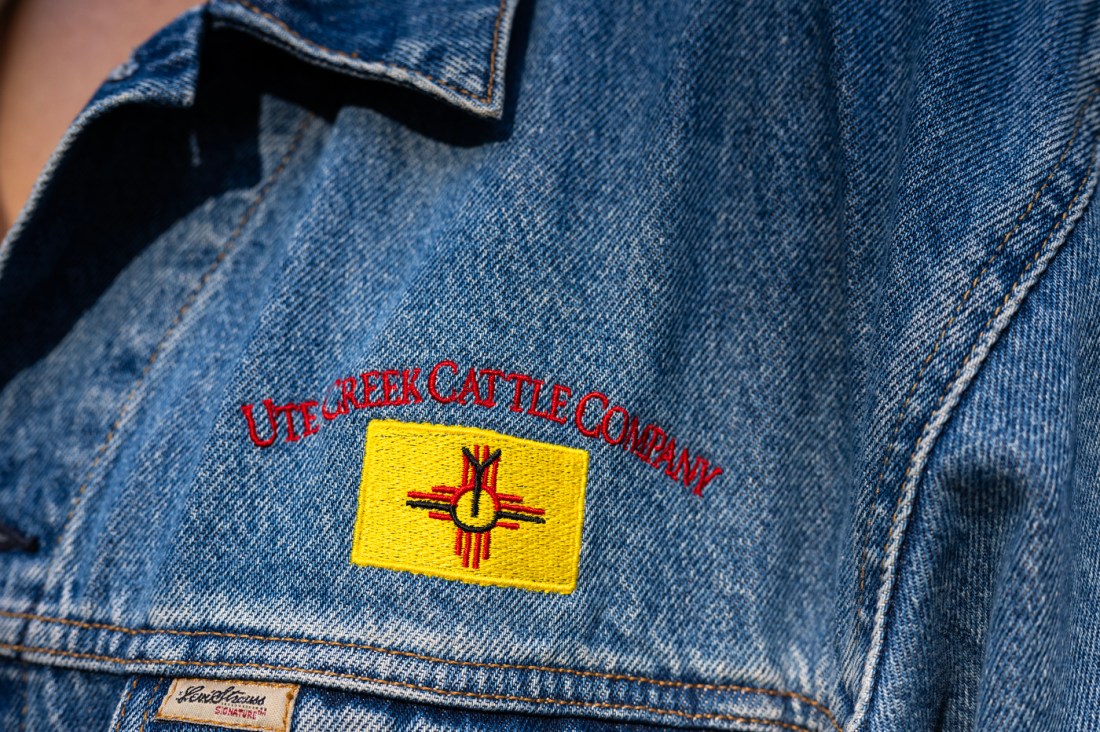

This summer, Northeastern’s Women Who Empower named Wood one of the inaugural Innovator Fellows of the 2025 Innovator Awards. The nine-month fellowship will provide resources to accelerate Innovator Fellows’ professional development, including mentorship, global connections and venture support.
“I wanted to join a cohort of women who drive innovation,” Wood says. “Women are really able to connect those dots and tie together different people, ideas, hopes and dreams. They’re able to weave in solutions that are both innovative and promote the future of our society, and that’s really critical to me.”
Building the Ranch Lab vision
Wood sees Ranch Lab’s mission in making agriculture appealing and accessible to younger generations.
“We need to put young people in the driver’s seat when it comes to the policies that affect them,” she says. “We need to help the grasslands. They’re our most stable and reliable carbon sink and still remain the most underinvested and underestimated ecosystem.”
The average U.S. agricultural producer is 58 years old, which means there is a “succession emergency,” as Wood puts it.
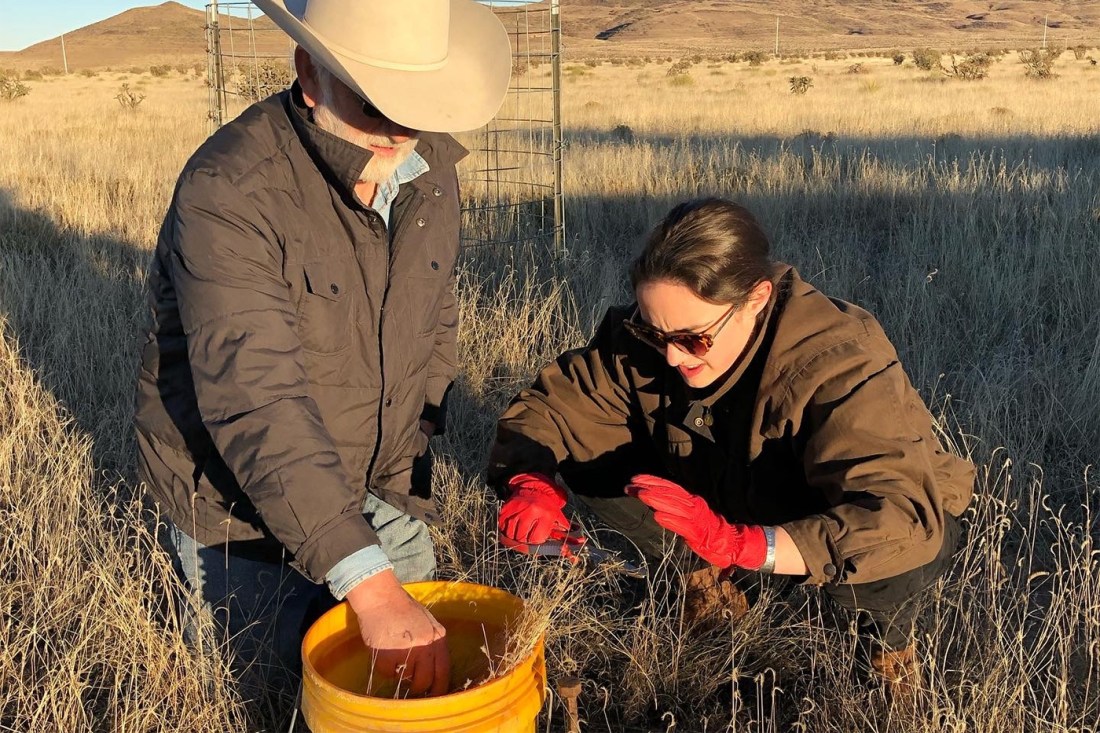
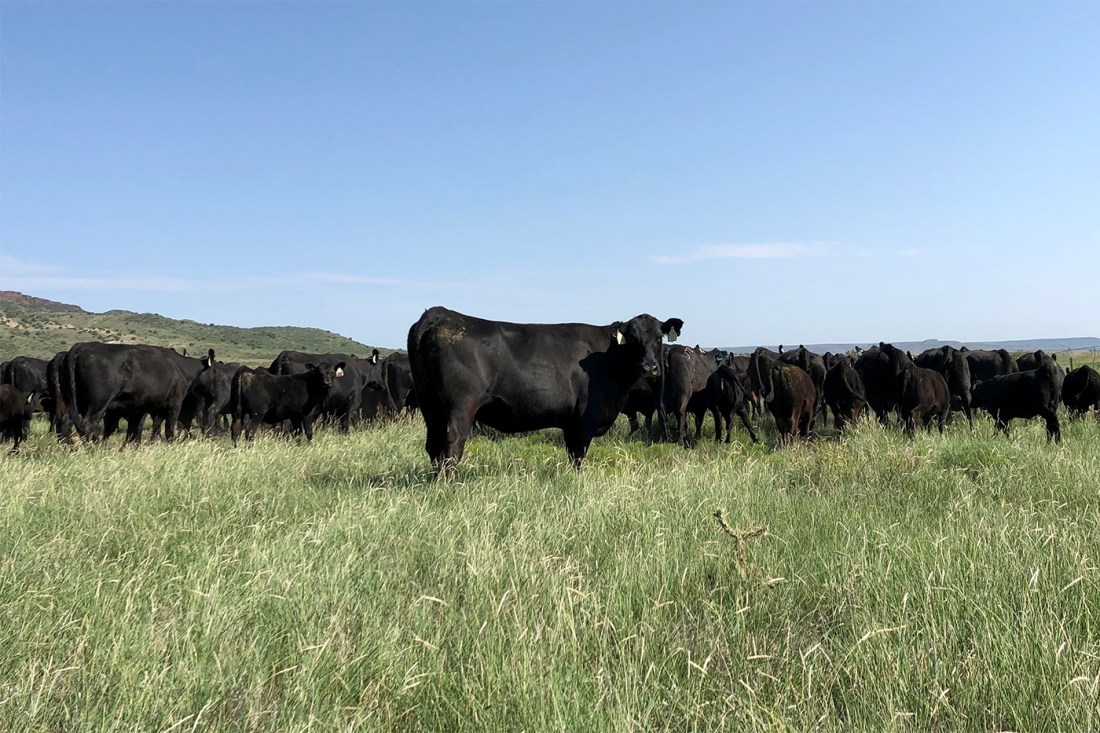
Through intergenerational education, ecological revitalization, economic experimentation and effective storytelling, she hopes to create new pathways for young professionals to enter agriculture and revitalize private rangeland across the South and Intermountain West.
Wood envisions “living laboratories,” where young scientists can test innovation and sustainability ideas while learning from experienced ranchers.
“Our vision is about sustainability, both in profitability but also for the environment,” she says. “Those two things go hand in hand.”
According to McKinsey & Company, regenerative agriculture — practices like cover cropping, the elimination of tillage, strategic grazing and nutrient management — can both mitigate and reverse the industry’s negative impacts and provide promising returns for U.S. farmers. Yet, Wood says, there is still no effective way to invest in grasslands and fund experimentation.
“How can we build rural economic vitality and rural social vitality through agricultural investment and vice versa, because one cannot exist without the other, and that is such a critical piece for me,” she says.
Editor’s Picks
Ranch Lab plans to create an operator-led philanthropic advising fund that supports research and places young scientists directly on ranches.
“I think investing in an individual is critical — and that’s how blended capital can be effectively deployed,” she says.
Wood believes in combining ranch revenue with carbon credits, conservation payments and impact investments to build resilient rural economies at scale. She sees Ranch Lab laboratories as proving grounds, generating data that can shape public policy and attract funding for ranch-based climate solutions.
Lessons from her grandmother
Everything Wood knows about ranching, she says, comes from her maternal grandmother, Tuda Libby Crews.
“I’ve learned more from her than from anybody,” says Wood, who was raised in Wyoming. “This two-way knowledge sharing that happens when you make the opportunity for intergenerational work, something that is so pivotal before we lose the wisdom that older generations have for us.”
Two years ago, she moved to the ranch for 10 months to “mine” her grandparents’ memories and connect to her inner rancher.
“It was the best year of my life,” Wood says.
Crews and her husband inherited 14,000 acres when they were in their 60s, at a time when the rangeland was half bare ground after a 12-year drought and poor management. Working with the Natural Resources Conservation Service, they restored the Ute Creek stream by fencing off riparian areas and eradicating invasive salt cedar.
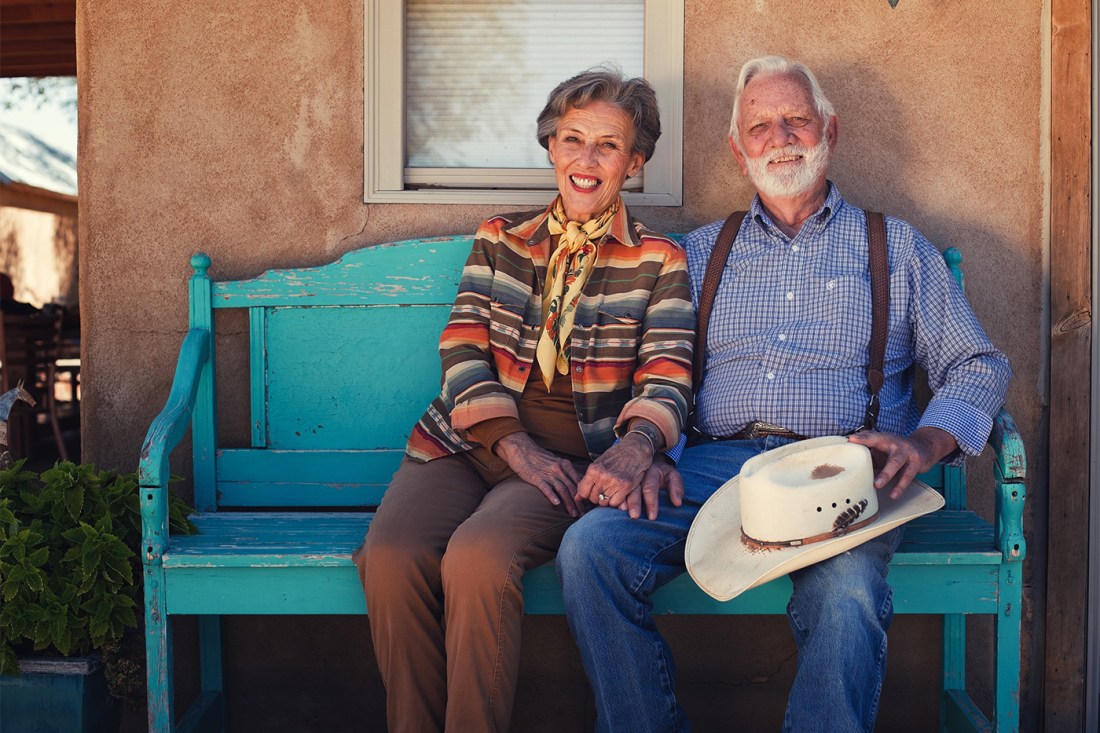
A new water system with 25 miles of pipeline distributes water from two 10,000-gallon water storage tanks over the ranch through gravity flow. The innovative covering — polyurethane “shade balls” — on their nine stock water tanks has reduced evaporation by 91%, saving annually 16,000 gallons of water per tank.
They also implemented a timed grazing system that expanded four paddocks into 22 and created a 23-acre bird sanctuary now hosting more than 110 species.
Their Ute Creek Cattle Company became a finalist for the Environmental Stewardship Award in 2019 and received the 2021 New Mexico Leopold Conservation Award.
They even rebuilt the ranch’s herd genetics, switching to high-quality Angus cows bred for low birth weights, strong ankles and calm temperaments. Three years ago, they sold the entire herd at top market price as ranch work grew too difficult in their 80s.
“It was the right thing to do,” Wood says.
The ranch will next pass to Wood’s mother and uncle — before one day coming to her and her two cousins. For Wood, that inheritance is not just land, but legacy.
“I’m so fortunate I am inheriting a ranch,” she says. “I have an opportunity that very few people in this country and in the world get to do, and it is a deep privilege and an incredible responsibility to utilize this opportunity I’ve been given.”










